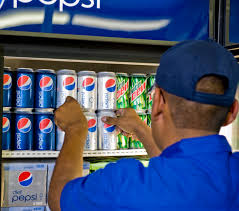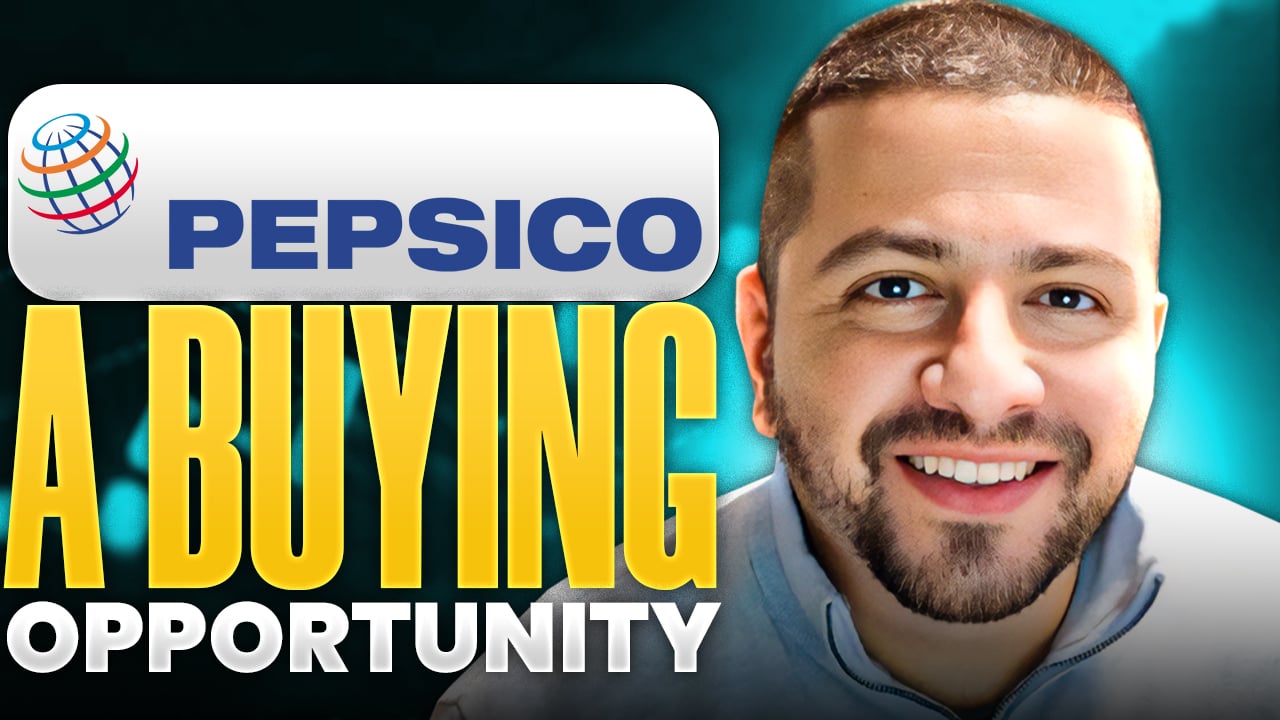Dividend growth stands as one of the stock market's quiet advantages. Over long stretches, companies raising their payouts at a healthy clip have tended to beat the performance of the overall S&P 500 because dividend growth tracks rising earnings.
A steadily climbing dividend usually signals strong cash flow, pricing power, and smart capital allocation. It also sends a signal to the market. When the dividend grows faster than investors expect, the stock often gets a higher valuation as bigger future earnings and payouts become clear.

Image source: Getty Images.
Two very different companies show this in consumer staples and tobacco. One blends a solid yield with portfolio reshaping. The other offers immediate income with accelerating raises as smoke-free products scale globally.
The snack titan pivoting to "healthier" options
PepsiCo (PEP +2.00%) makes Lay's chips, Gatorade, and Pepsi-Cola across a global snack and beverage empire that generated $24 billion in third-quarter 2025 revenue. The company pays $1.42 per share each quarter in dividends, delivering a 3.75% annual yield at the moment.
Now, the stock's 105% payout ratio looks scary until you remember PepsiCo is a cash-generating machine, thanks to its resilient business model. Speaking to this point, North American volumes declined 3% in the third quarter as the company pushed pricing, but international markets picked up the slack.

NASDAQ: PEP
Key Data Points
Management is in the process of reshaping the portfolio due to unfavorable soda trends. The $1.95 billion Poppi acquisition closed in May 2025, bringing a prebiotic soda that grew retail sales more than 50% year-to-date. "Prebiotics are parts of food the body doesn't digest but that may be used by microorganisms. Prebiotics may trigger the growth of the 'good' germs in the gut," according to the Mayo Clinic.
PepsiCo launched its own Pepsi Prebiotic Cola in July and continues layering in functional benefits across Gatorade and Propel. The company expects to return to its long-term growth algorithm next year, as innovation takes hold and cost cuts fund reinvestment.
PepsiCo stock trades at just 17.8 times forward earnings estimates, a serious bargain to the S&P 500, which trades at nearly 29 times earnings. Adding to the appeal, the beverage giant has raised its dividend by 7%, on average, over the prior five years. That's elite-level dividend growth.
All told, the combination of current income, steady raises in the past, and a portfolio pivot toward health-conscious consumers makes the stock a buy for dividend growth investors willing to look past near-term volume pressure.
This tobacco giant turns to heat not burn
Philip Morris International (PM +2.01%) sells Marlboro cigarettes and Iqos heated tobacco globally, generating $10.8 billion in third-quarter 2025 revenue. The company pays $1.47 per share each quarter for a 3.7% annual yield.

NYSE: PM
Key Data Points
The 78.7% payout ratio looks reasonable for a tobacco company printing cash, and Philip Morris just proved the dividend is safe with an 8.9% increase this month. That's the biggest single raise since the 2008 spinoff from Altria, and it signals management's confidence in a transformation that's actually working.
Smoke-free products are carrying the business now. The category hit 41% of total revenue in the third quarter and over 42% of gross profit, with volumes jumping 16.6%. Zyn nicotine pouch shipments in the U.S. grew 37% to 205 million cans.
Iqos heated tobacco grabbed 9.1% share in markets where it competes, and Philip Morris controls about 76% of the global heat-not-burn category. The company raised its full-year adjusted earnings forecast to $7.46 to $7.56 per share.
Philip Morris trades at 18 times forward earnings, while diluted EPS is growing by double digits. The recent 8.9% dividend increase crushes the 3.2% five-year average, and there's room for faster raises as smoke-free margins expand. After all, management expects to exceed its multiyear growth targets as Zyn and Iqos scale globally.
The key question for dividend growth investors is this: Can nicotine pouches and heated tobacco replace cigarette profits before volumes collapse? Given Philip Morris' current trajectory on the smoke-free front, the answer appears to be yes, making the stock a worthwhile buy for long-term income investors.







